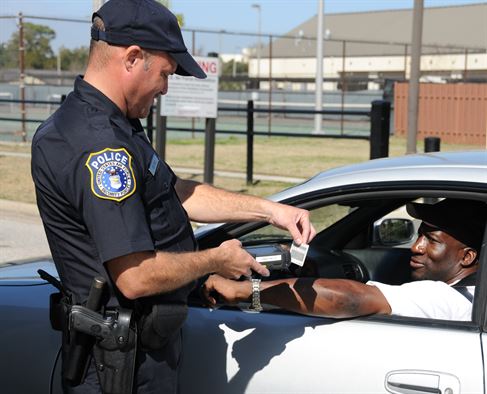 SECURITY
SECURITY
 SECURITY
SECURITY

 SECURITY
SECURITY
Socure Inc. today announced the acquisition of Berbix, an artificial intelligence-powered document verification startup, for $70 million in cash and stock.
Socure has raised copious funds, with 14 different rounds, including one $450 million round in 2021, for a total of $742 million. The companies are in the middle of a trend in this market, as the Federal Trade Commission reports a 30% year-over-year increase in consumer fraud losses in 2022.
Berbix, which had raised a total of $11.6 million, is Socure’s first acquisition. It’s a broader forensics provider that is used in e-commerce and healthcare fraud prevention. The company tracks online and offline data, including email, phone ownership and device parameters, behavioral data, physical address, IP and geolocation, social media and broader internet information to confirm and authenticate identities in real time. According to Berbix, its 2022 revenue grew by 50% year-over-year, though it didn’t provide more specifics.
The company is one of many real-time physical ID verification services that have become popular. It claims to be able to detect fraudulent IDs using various forensics.
One real result from the acquisition is that Socure has already integrated Berbix’s technology in its existing Predictive Document Verification service v3, which is launching today. The Berbix forensics is now part of Socure’s image capture analysis engine.
Socure claims its ID verification is more accurate in first-time rejections of fraudulent submissions than other providers’. Not surprisingly, AI and machine learning and the ability to process an extensive set of predictive risk signals all help here.
According to the company, its engine can spot AI-generated fake IDs that seem very realistic to the human eye. All of these signals help to identify to the individual connected to the physical credential and making the right decision to vet an individual.
Other companies in this marekt include AU10TIX, Callsign Ltd., Veriff Inc. and perhaps the most well-known ID.me. That last one is used in verification for U.S. government websites, including the Internal Revenue Service and te Social Security Administration.
ID.me rather infamously had startup issues with its facial recognition software in 2020-2021. Both security blogger Brian Krebs and I had issues with initiating service, including the requirement for uploading live video selfies to establish accounts. One security wag likened it to having survived a “digital proctology exam.” These complaints prompted investigations by the Federal Trade Commission last year.
THANK YOU